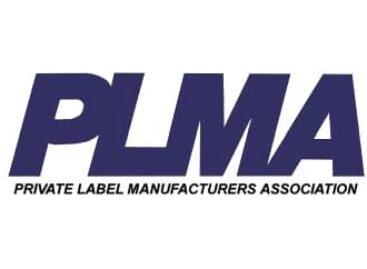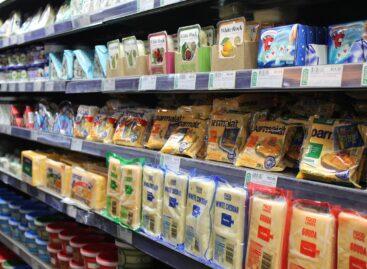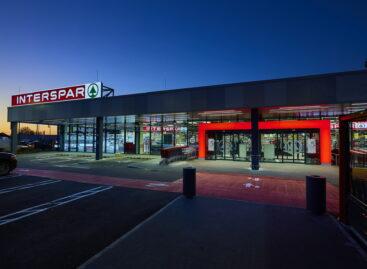Europe is a Private Label Fortress
The trend is clear from the latest Nielsen data compiled for PLMA’s 2020 International Private Label Yearbook which shows private label gaining market share last year in 14 of the 19 countries surveyed.
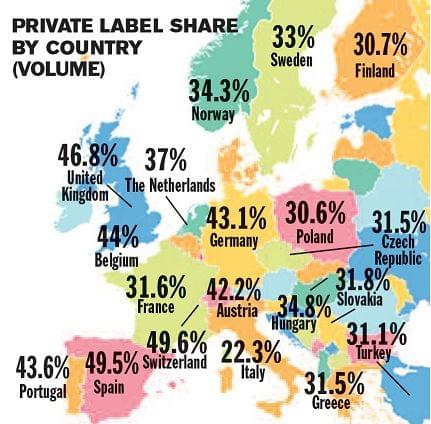
Marketshare above 30% – except for Italy
Market share for retailer brands was greater than 30% in all but one of the countries monitored by Nielsen. In Europe’s largest retail markets, private label share stayed above 40% in the United Kingdom and Germany, and now accounts for nearly one of every three products sold in France. In Italy, market share climbed by more than 2 points, its biggest gain ever.
One of the biggest increases was posted in The Netherlands, where share was up more than 7 points to 37%. The unusually large gain came as sales from Aldi with its extensive private label program, were counted by Nielsen for the first time. In nearby Belgium, market share for retailer brands climbed to 44%.
In France, Nielsen’s statistics gave private label a unit share of 31% and value share of 25% but the figures do not include sales at Lidl and Aldi, which makes true market share closer to 41% in units and 35% in value. Spain and Portugal remained very strong markets for private label. Half of all products sold in Spain were retailer brands, while market share in Portugal climbed nearly 3 points to over 43%.
Austria is leading the region
In central and eastern Europe, market share stayed above 42% in Austria and above 30% in Poland, Hungary, Czech Republic and Slovakia. The biggest increase was in Czech Republic, which advanced more than one point. Private label again accounted for half the products sold in Switzerland.
Norway led the way in Scandinavia, with market share climbing 2 points to more than 34%. Sweden increased to 33%, while Finland stayed above 30%.
In the Mediterranean, market share was above 31% in both Turkey and Greece. Turkey showed a big increase, gaining more than 2 points, climbing above 30% for the first time.
PLMA President Brian Sharoff called the gains “a signal that shoppers now choose the retailers brands first when it comes to making everyday grocery decisions.” Sharoff continued. “When Nielsen calculates its first quarter 2020 results, I think everyone will see how strong private label has become.”
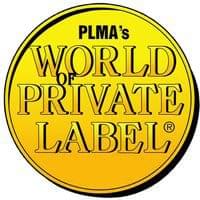
Related news
More high-quality plant-based private label products
According to PLMA, European private label sales will reach a…
Read more >European governments promote diets with protein alternatives
Several European countries are supporting plant-based and other alternative protein…
Read more >(HU) 236,3 milliárd dollárra nőtt a saját márkás eladások értéke 2023-ban
A PLMA 2024-es Private Label Report című jelentése szerint a…
Read more >Related news
6 in 10 Gen Zs prioritise user experience and trustworthy reviews
Over 75% rely on reviews and customer service when shopping,…
Read more >French supermarkets have to inform shoppers about shrinkflation
From 1 July, supermarkets in France will have to alert…
Read more >In 2023, SPAR realized a turnover of over HUF 1 billion
SPAR Hungary achieved a turnover of HUF 1,023.2 billion in…
Read more >

